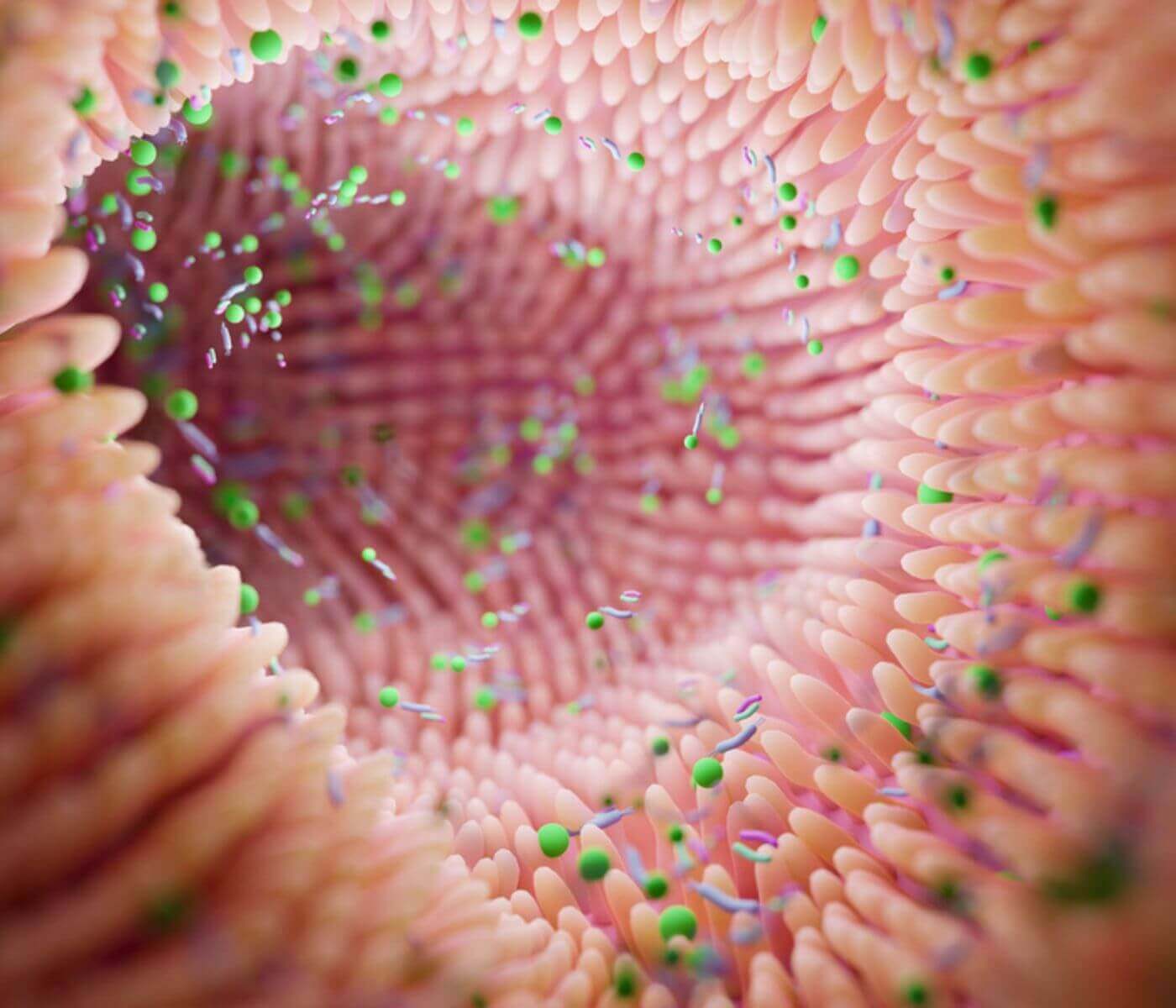Content available at: Español (Spanish)
The correct control of coccidiosis is still the most contentious point in maintaining intestinal integrity, despite the numerous alternative products and vaccines used in the poultry market. As a consequence of the almost always overlapping action of coccidia, intestinal health is affected by bacterial intervention on mucosal cells. Clostridium, salmonella, and the coccidia themselves form one of the trios that currently complicate intestinal integrity, especially when working in a phase of reducing the use of antibiotics.
It is necessary to consider the interactions that occur in the intestine, which can allow coccidia to grow, favoring the damage of epithelial cells, the subsequent increase in the production of cytokines, and later the affectation of mucus-producing goblet cells—developing a process of necrotic enteritis.
Today, the changes that are taking place in the preferences of consumers and large distribution chains put pressure on poultry producers to eliminate the use of antibiotics.
There has been an increase in the number of flocks of birds with alterations in their intestinal integrity that has made the poultry industry investigate more and more alternative products that solve the dysbiosis produced. The different pathogenic species of Eimeria infect several locations in the birds’ intestine, which will decrease their growth or even result in the bird’s death.
Different research papers indicate that the main species of coccidia, such as E. acervulina, E. tenella, and E. maxima, especially the latter, strongly influence the possible colonization of salmonella spp. Research has also shown that necrotic enteritis does not necessarily predispose to further colonization by salmonella spp., and when E. tenella is controlled, the colonization of Salmonella Heidelberg is significantly lower –Hofacre,2007 J Appl Poult Res.–
It is known that using coccidia vaccines influences intestinal integrity even if they are attenuated.
The necessary replication that parasites have to have to produce the desired immunity can sometimes result in significant damage to mucosal cells, especially E. maxima, and favor the action of clostridia, which can lead to a dysbacteriosis at least, which usually requires treatment to return to intestinal normality. An advantage of
Keep up to date with our newsletters
Receive the magazine for free in digital version
REGISTRATION
ACCESS
YOUR ACCOUNT
LOGIN
Lost your password?










